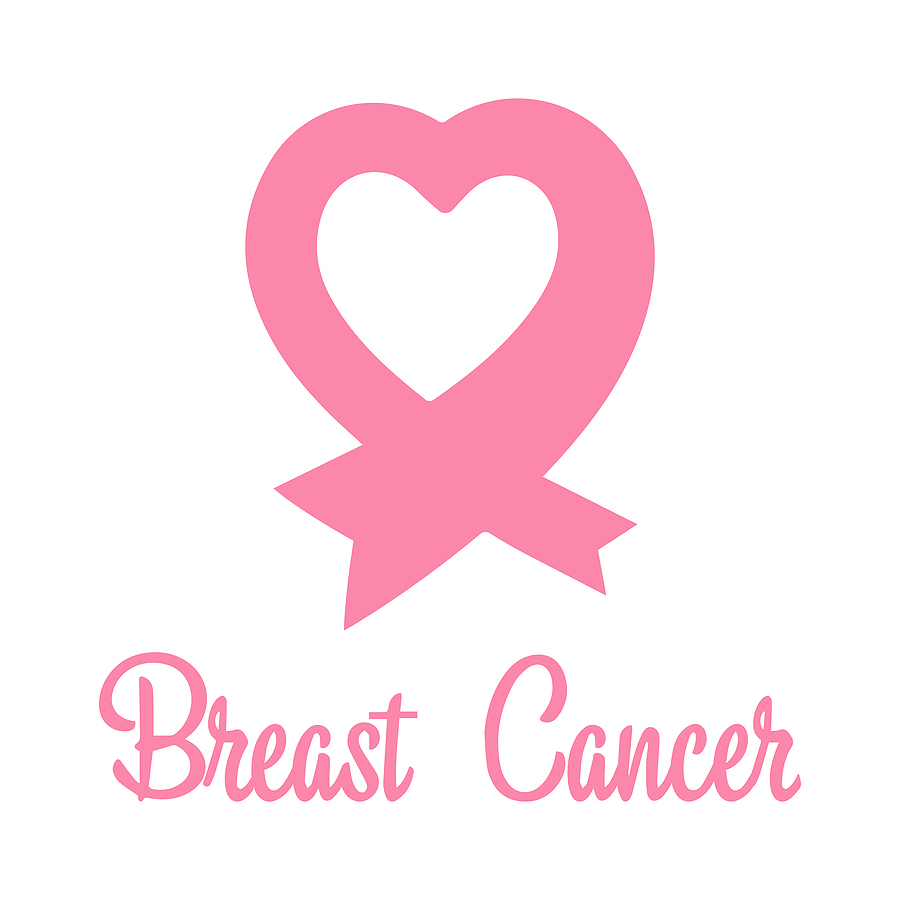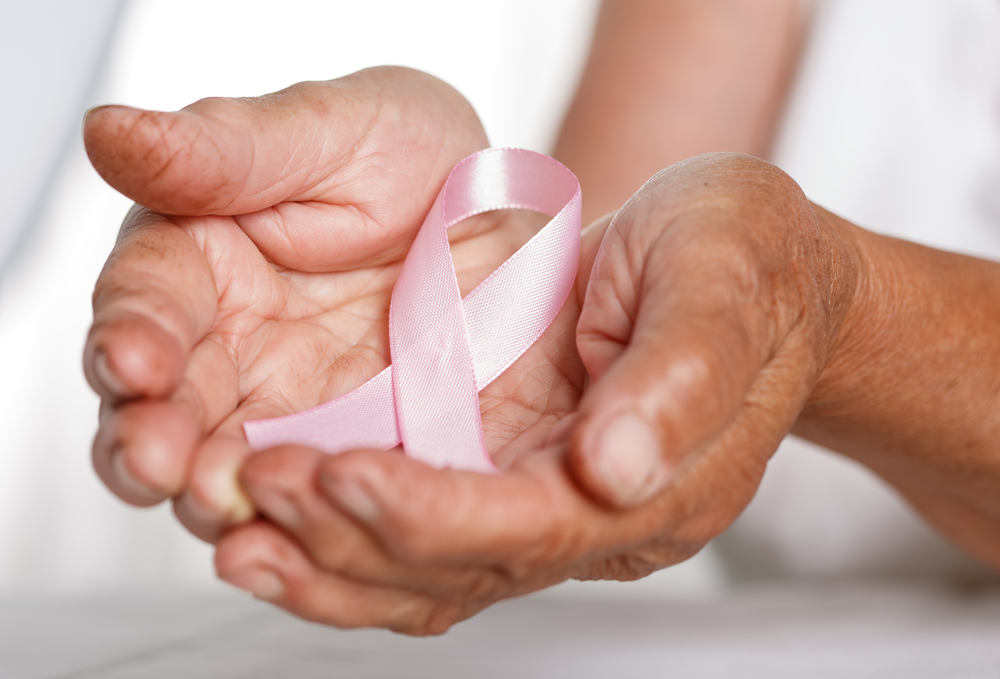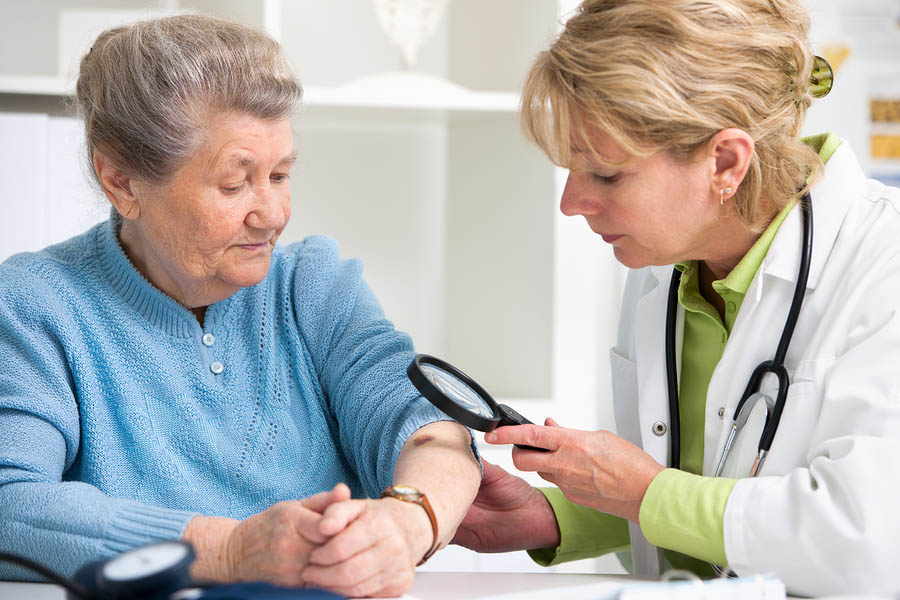Early Stage Breast Cancer in Elderly Adults
Category:

Breast cancer is a type of cancer that begins in the breast. It mainly affects women, though men can have breast cancer as well. Breast cancer is unfortunately a disease associated with aging. According to the Breast Cancer Research Foundation, “The median age of breast cancer is 62 and around one quarter are women between ages 75-84.” Therefore, it is important that as women age they are on the lookout for early-stage breast cancer. Early-stage breast cancer is localized to the breast and has not spread. Luckily, breast cancer caught in the early stages is almost always curable.
Early-Stage Breast Cancer Symptoms
The early-stage breast cancer survival rate is very high. The Susan G Komen foundation tells us, “Women diagnosed with breast cancer that had not spread beyond the breast were 99 percent as likely to live 5 years beyond diagnosis as women in the general population.” That is an encouraging statistic, which emphasizes the need to catch breast cancer early. The best way to do this is to know the signs and symptoms of early-stage breast cancer.
The most common symptom of breast cancer is a lump or mass. Generally, these masses are hard and have irregular edges, but they can be soft or painful as well. It is important for women to be familiar with the way their breasts regularly feel so they know right away if there is a problem.
According to the American Cancer Society, other early-stage breast cancer signs can include:
-
Swelling of all or part of a breast
-
Skin dimpling, which may look like an orange peel
-
Breast or nipple pain
-
Nipple retraction
-
Nipple or breast skin that is red, dry, flaking, or thickened
-
Nipple discharge (other than breast milk)
-
Swollen lymph nodes
If you experience any of these symptoms, don’t panic! They can be a sign of something other than breast cancer. You should still see your health care professional as soon as possible though.
Early Stage Breast Cancer Treatment
There are several options for the treatment of early-stage breast cancer. They include:
-
Mastectomy – In this surgery, the entire affected breast is removed.
-
Lumpectomy – In this surgery, only the affected breast tissue is removed. The goal of this surgery is to remove all cancerous cells and leave the breast looking the same as it did before.
-
Chemotherapy – This treatment attacks and kills cancer cells. It is generally administered through IV, injection, or by pill. This form of cancer treatment comes with the side effects of nausea, fatigue, and hair loss.
-
Radiation – This cancer treatment is often used in conjunction with a lumpectomy to be sure all the cancer cells are destroyed. It is a localized treatment that attacks and kills cancer cells.
-
Hormone therapy – Some types of breast cancer spread (though are not caused by) due to high levels of estrogen. Hormone therapy helps balance the body’s hormones to slow or stop the spread of cancer cells.
While some of this information seems overwhelming or scary, it is important to remember that early-stage breast cancer in elderly women is treatable and even curable. Know the signs and symptoms, and talk to your health care professional if you find anything unusual during your regular breast self-exams (instructions on how to perform a breast self-exam can be found here) or have any concerns.
Subscribe
Date: October 12, 2020
Category:

